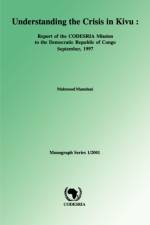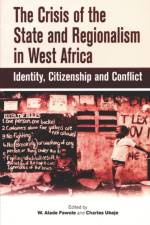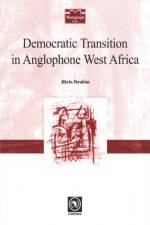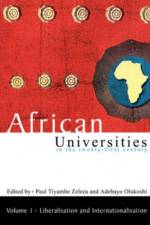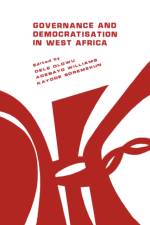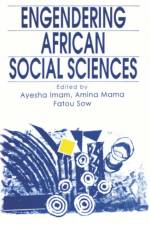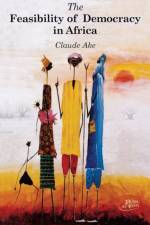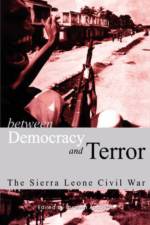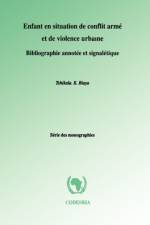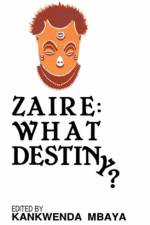975,-
Reason is not the monopoly of any particular group or culture. It is a universal human quality. Nevertheless, it should be recognised that reason manifests itself differently from one culture to another. Do we therefore admit that these forms are distinctly plural or should we, on the contrary, recognise the possibility of a meeting and, if need be, of an ordered confrontation that would guarantee, beyond this obvious diversity, a unity of human reason?This book with contributions in both English and French is the result of a debate on this question, during a conference co-organised by UNESCO and the 'Centre Africain des Hautes Etudes de Porto-Novo' on the theme 'The Meeting of Rationalities' held in Porto-Novo in Benin in September 2002, during the 26th General Assembly of the International Board of Philosophy and Human Sciences (CIPH). Several well-known researchers participated in that debate, amongst whom Richard Rorty (United States), Meinrad Hebga (Cameroon), Harris Memel-Fotê (Côte d'Ivoire), and more than seventy philosophers, historians, anthropologists, literary critics, and psychoanalysts from various countries.Paulin J. Hountondji is a Professor of Philosophy at the National University of Benin Republic, joint-laureate of Mohamed El Fasi 2004 prize. He is the Director of the African Centre of Higher Education in Porto-Novo. The American version of his book « philosophie africaine » : critique de l'ethnophilosophie (Paris, Maspero 1976) (African philosophy, Myth and Reality, Bloomington : Indiana University Press, 1983) was awarded the Herskovits Prize in 1984. The book is part of the 100 best African books of the 20th century selected in Accra in the year 2000. Hountondji has recently published The Struggle for Meaning: Reflections on Philosophy, Culture and Democracy in Africa (Ohio University Press, 2002) and edited several publications, including Endogenous Knowledge: Research Trails, (Dakar: CODESRIA, 1997). Paulin J. Hountondji has served as the Vice-President of the International Board of Philosophy and Human Sciences (CIPH) and also of CODESRIA.








